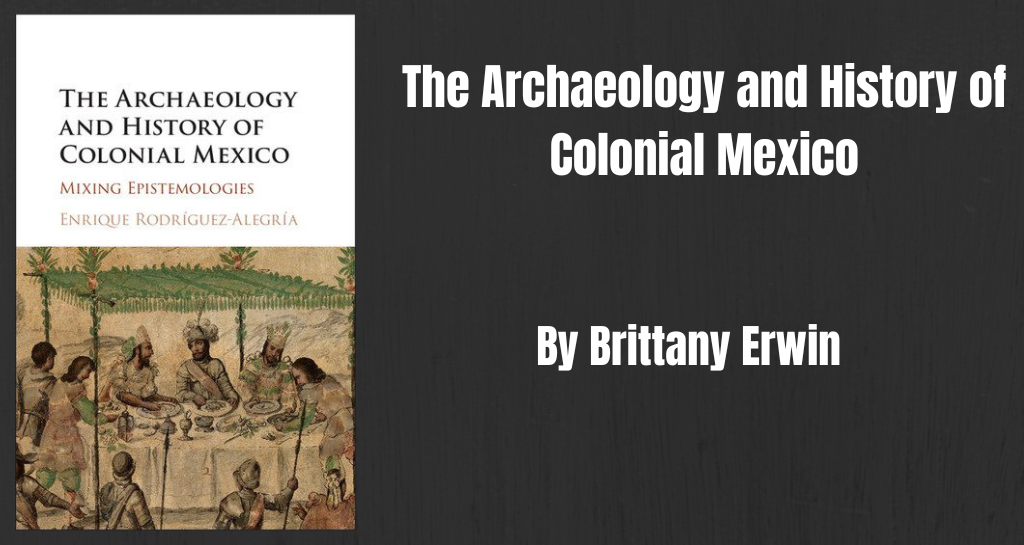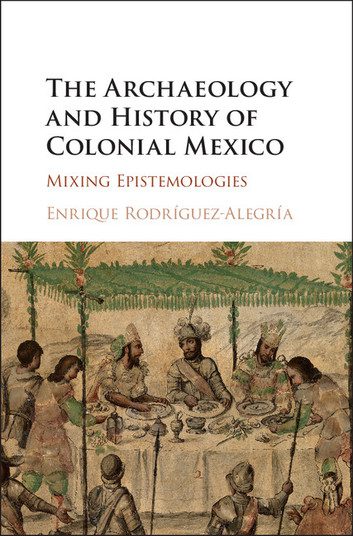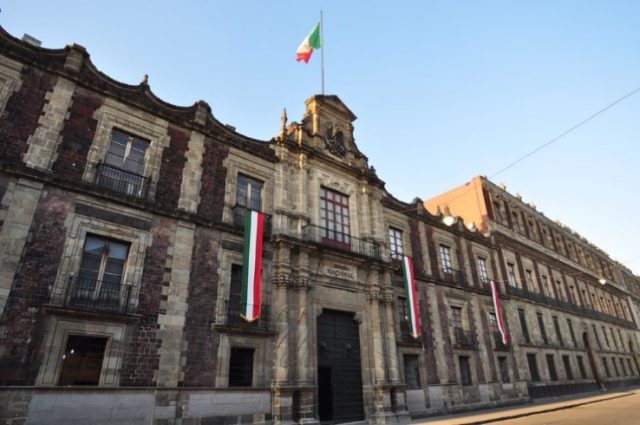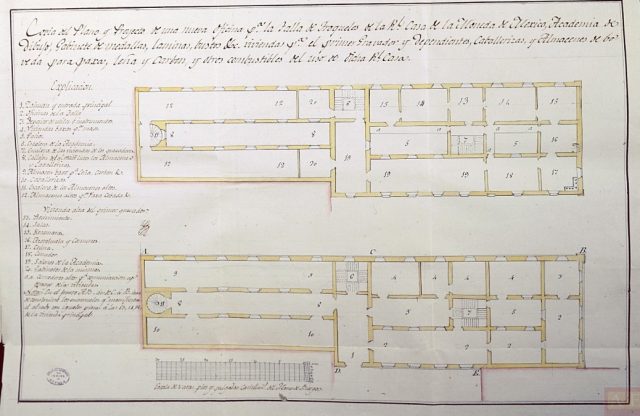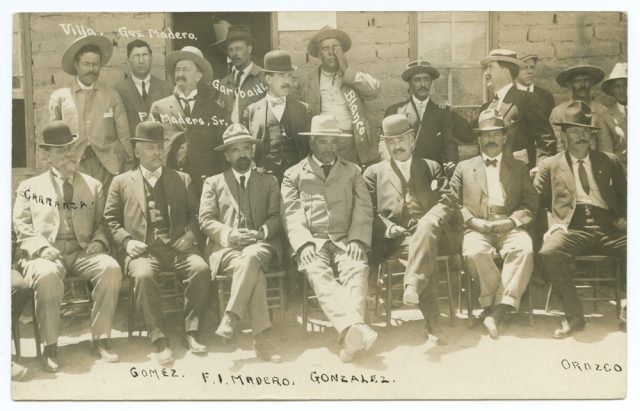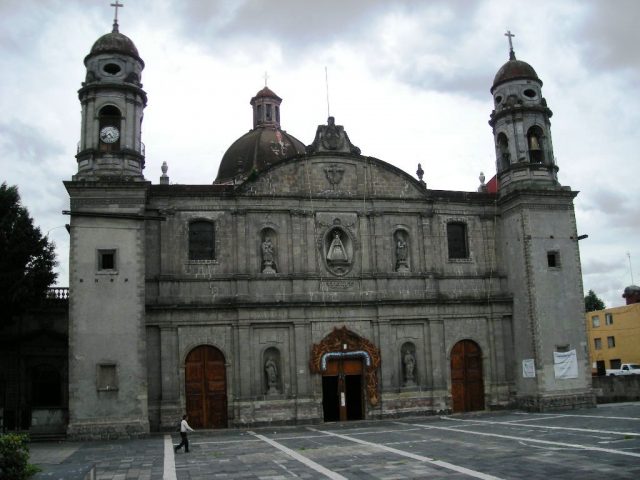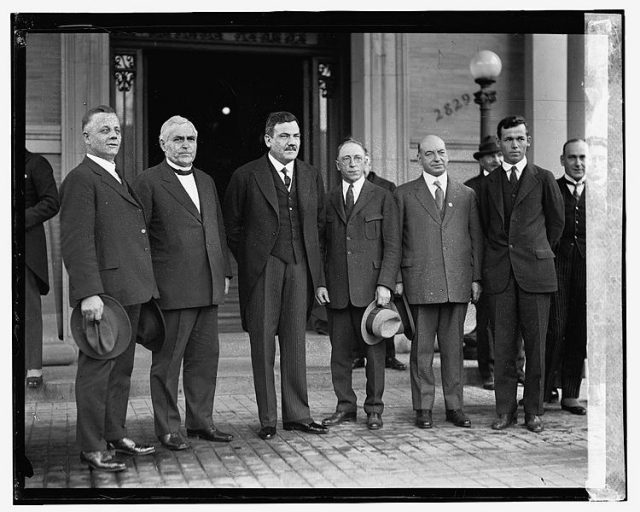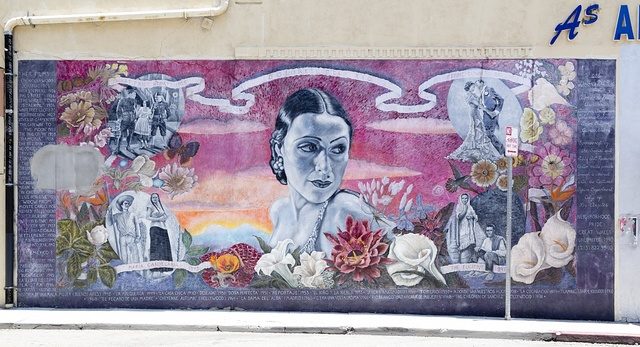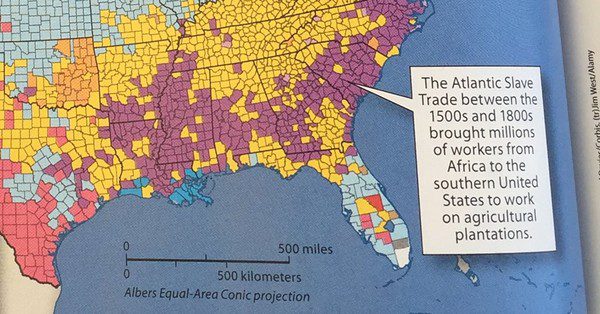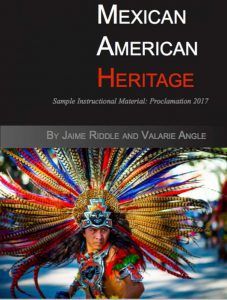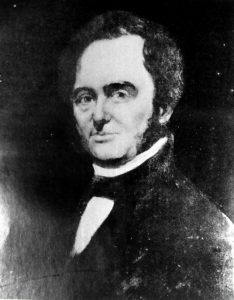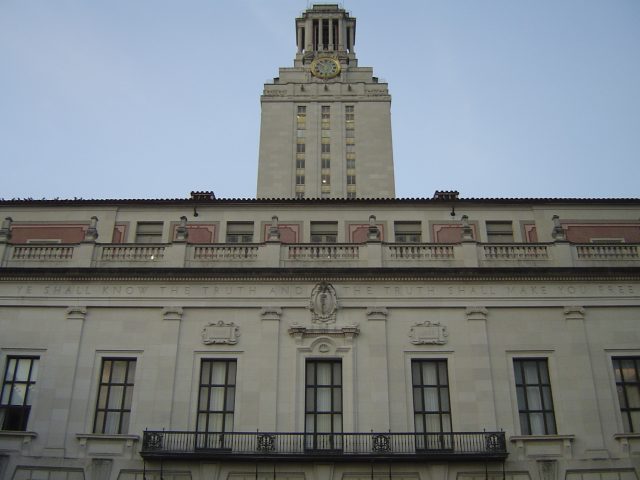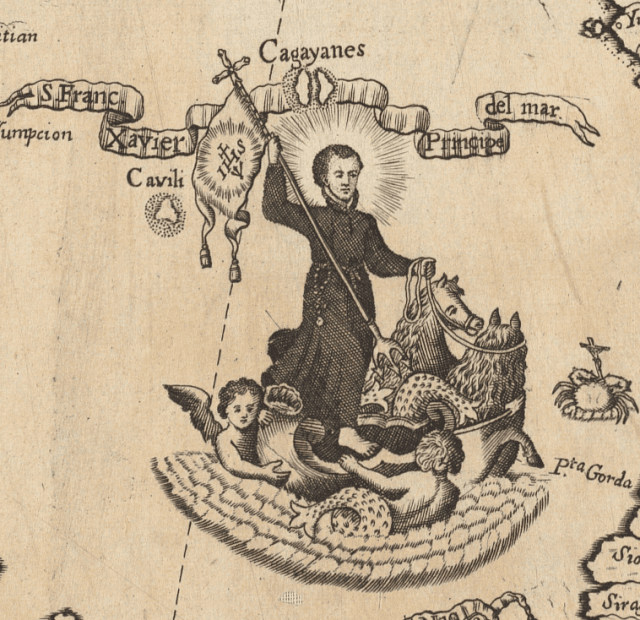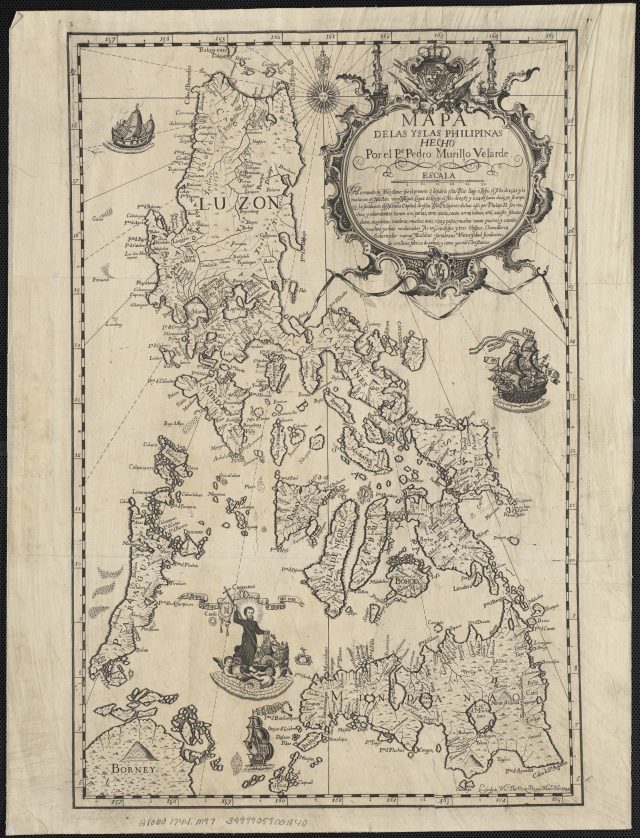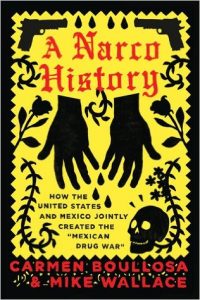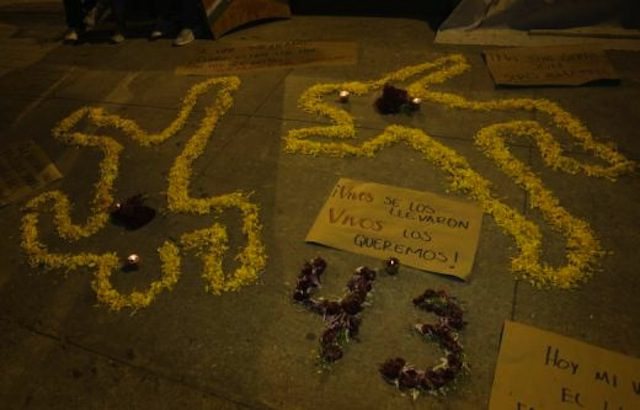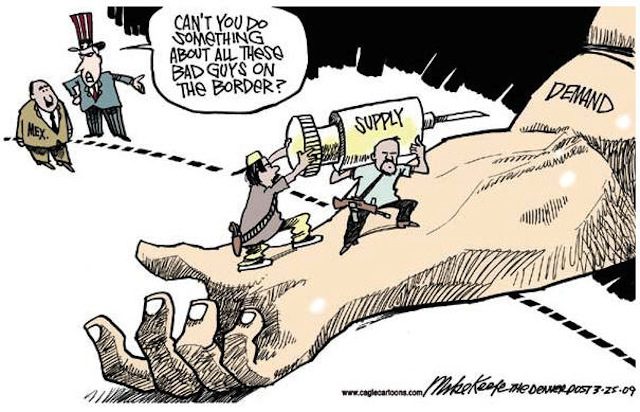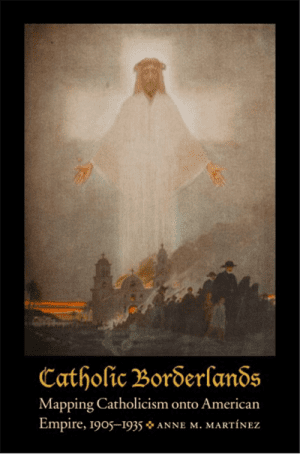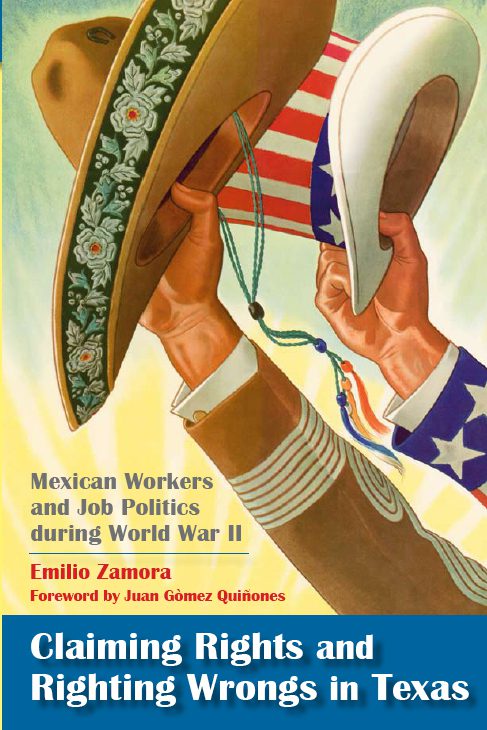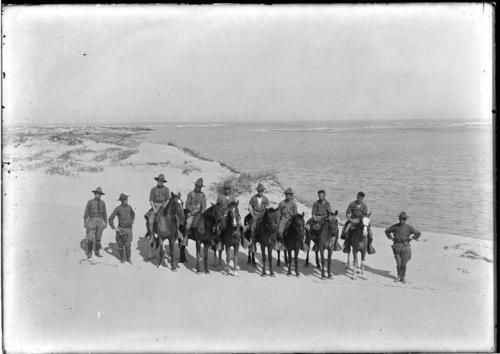Millions of tweets and millions of state documents. Intimate oral histories and international radio addresses. Ancient pottery and yesterday’s memes. Historians have access to this immense store of online material for doing research, but what else can we do with it? In Spring 2018, graduate students in the Public and Digital History Seminar at UT Austin experimented with ways to make interesting archival materials available and useful to the public; to anyone with access to a computer. Over the Summer, Not Even Past will feature each of these individual projects.
On September 19, 1985, a devastating 8.0 magnitude earthquake struck Mexico City. María Luisa Puga (1944-2004), a talented Mexican novelist from the Post-Boom movement, documented the events and the aftermath in her journal. On After the Silence: María Luisa Puga and the 1985 Mexico City Earthquake, Ashley Garcia has brought Puga’s compelling first-hand account to life, including addenda that Puga later made to the text, as well as newspaper clippings and drawings found among its pages.
More on Garcia’s project and The Public Archive here.
You may also like:
History Museums: Museo Nacionál de Antropología, Mexico by Robert Wilks
Andrew Weiss reviews Plaza of Sacrifices: Gender, Power, and Terror in 1968 Mexico by Elaine Carey (2005)
Notes from the Field: Northeast Japan after the Tsunami by David Conrad

